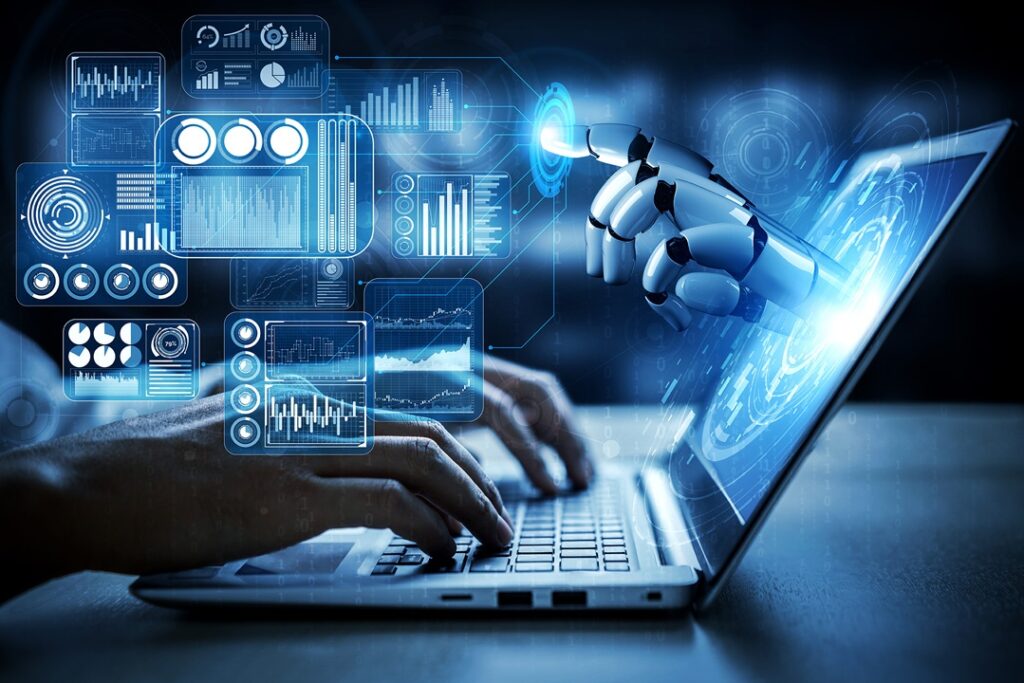written by Danish 27/05/2025
Digital marketing is undergoing a rapid transformation due to artificial intelligence (AI). AI is enabling marketers to engage audiences more efficiently than ever before through automated consumer interactions and personalized experiences. But these thrilling prospects also present formidable obstacles that marketers need to properly negotiate.
Opportunities Created by AI in Digital Marketing
Personalized Customer Experiences
AI makes hyper-personalization possible through real-time analysis of user demographics, preferences, and behavior. This allows marketers to deliver tailored content, recommendations, and ads that resonate with individual customers—driving higher engagement and conversions.
Smarter Ad Targeting
Marketers are able to uncover high-performing audience segments by analyzing massive datasets using AI-powered solutions. AI is used by programmatic advertising networks to optimize ad placement and automate bidding, resulting in a lower waste of ad spend and a higher return on investment.
Predictive Analytics
Marketers may foresee trends and make data-driven decisions by using AI’s ability to forecast consumer behavior. Businesses may enhance product recommendations, plan more efficiently, and hone their campaigns with the help of predictive analytics.
AI-Powered Chatbots and Customer Support
AI-powered chatbots offer round-the-clock customer support, providing prompt answers to questions and enhancing user happiness. Because they can manage several interactions at once, human agents can focus on more difficult jobs.
Content Generation and Optimization
These days, AI systems can produce product descriptions, headlines, and material that is optimized for search engines. By making recommendations for keywords, readability upgrades, and engagement boosts, they also help optimize already-existing content for increased visibility.
Challenges of Using AI in Digital Marketing
Data Privacy and Ethics
Data privacy is one of the main issues with AI in marketing. Marketers must abide by laws like the CCPA and GDPR since AI uses personal data to provide customized experiences. Legal repercussions and a decline in confidence might result from improper data processing.
Over-Reliance on Automation
While AI improves efficiency, over-automation can make marketing feel impersonal. Brands risk losing the human touch if they rely solely on algorithms, especially in areas like customer engagement and brand storytelling.
High Implementation Costs
A large initial investment in software, infrastructure, and training is frequently required when integrating AI techniques. These expenses may be a significant deterrent for startups or small enterprises.
Lack of Transparency
AI systems have the potential to behave like “black boxes,” making choices devoid of a clear logic. It may be challenging for marketers to defend or explain specific campaign results due to this lack of transparency.
AI is transforming digital marketing by providing strong analytics, automation, and personalization tools. These chances have the potential to greatly increase consumer happiness and campaign efficacy. Businesses must, however, embrace AI cautiously, striking a balance between innovation and human ingenuity, data security, and ethical behavior.

